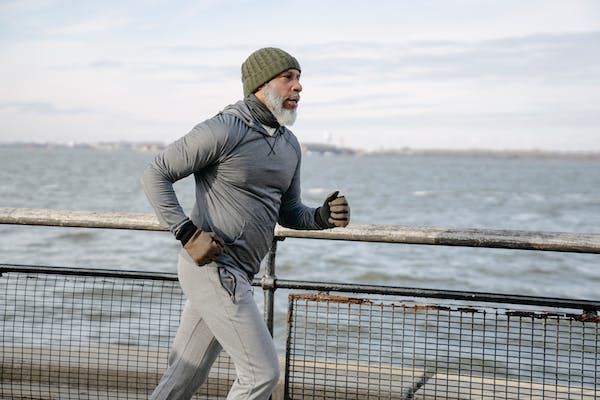
How to Stay Hydrated During Workouts for Peak Performance
Staying hydrated during workouts is crucial for achieving peak performance and maximizing your exercise gains. Dehydration can lead to decreased energy levels, impaired physical and cognitive functions, and even pose serious health risks. Whether you're an athlete, a fitness enthusiast, or someone just starting their fitness journey, proper hydration should be a fundamental aspect of your routine. In this comprehensive guide, we'll delve into seven key sections that provide valuable insights on how to stay hydrated during workouts to optimize your performance.
The Importance of Hydration in Exercise
Before we dive into the strategies for staying hydrated, it's essential to understand why hydration is crucial during exercise. When you work out, your body loses fluids through sweating. This loss can lead to dehydration, which in turn affects your blood volume, heart rate, body temperature regulation, and overall performance. Even a mild level of dehydration can impair your strength, endurance, and concentration.
Pre-Workout Hydration
Proper hydration begins before you even start your workout. Aim to drink water consistently throughout the day, as starting your workout already dehydrated can set you up for failure. Approximately 2-3 hours before exercise, consume around 16-20 ounces (500-600 ml) of water. This helps ensure that your body starts the workout well-hydrated and prepared for the forthcoming fluid loss.
During-Workout Hydration
During your workout, pay close attention to your body's hydration needs. Sip water at regular intervals, aiming for about 7-10 ounces (200-300 ml) every 10-20 minutes. However, individual requirements may vary based on factors like intensity, duration, and sweat rate. If you're engaging in intense or prolonged exercise, consider sports drinks that contain electrolytes to replenish the minerals lost through sweating.
Monitoring Sweat Rate
Understanding your sweat rate is essential for gauging how much fluid you need during workouts. Weigh yourself before and after exercise, accounting for the fluids consumed during the workout. For every pound (approximately 0.45 kg) lost, drink 16-20 ounces (500-600 ml) of water to rehydrate. This personalized approach helps tailor your hydration strategy to your unique needs.
Signs of Dehydration
Being aware of the signs of dehydration is crucial for maintaining peak performance. Symptoms include dark yellow urine, dry mouth, excessive thirst, fatigue, dizziness, and decreased coordination. If you experience these signs during your workout, it's essential to pause and rehydrate before continuing.
Post-Workout Hydration
Recovery hydration is just as important as pre- and during-workout hydration. After your exercise session, aim to drink at least 24 ounces (700 ml) of water for every pound lost during the workout. Consuming water-rich foods like fruits and vegetables can also aid in rehydration. Remember that proper recovery hydration helps kick-start the repair and rebuilding processes within your body.
Tailoring Hydration to Your Activity
Different types of workouts require slightly different hydration approaches. For example, endurance athletes might benefit from electrolyte-rich sports drinks during prolonged activities, while those engaging in short, intense workouts might stick to water. Environmental conditions also play a role – hot and humid weather leads to increased fluid loss, necessitating more aggressive hydration strategies.
In conclusion, staying hydrated during workouts is a multifaceted endeavor that requires a combination of proactive measures. From pre-workout hydration to monitoring your sweat rate and recognizing dehydration signs, each step contributes to your overall performance. By consistently incorporating these strategies into your fitness routine, you'll not only improve your exercise performance but also safeguard your health and well-being in the process. Remember, hydration isn't just a component of your workout – it's the foundation upon which you build your fitness success.








